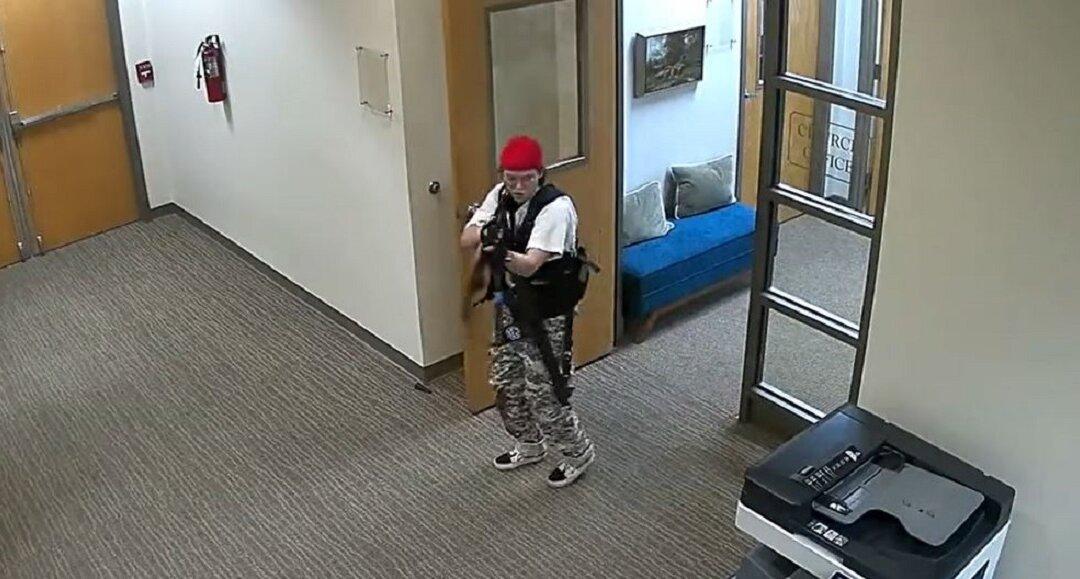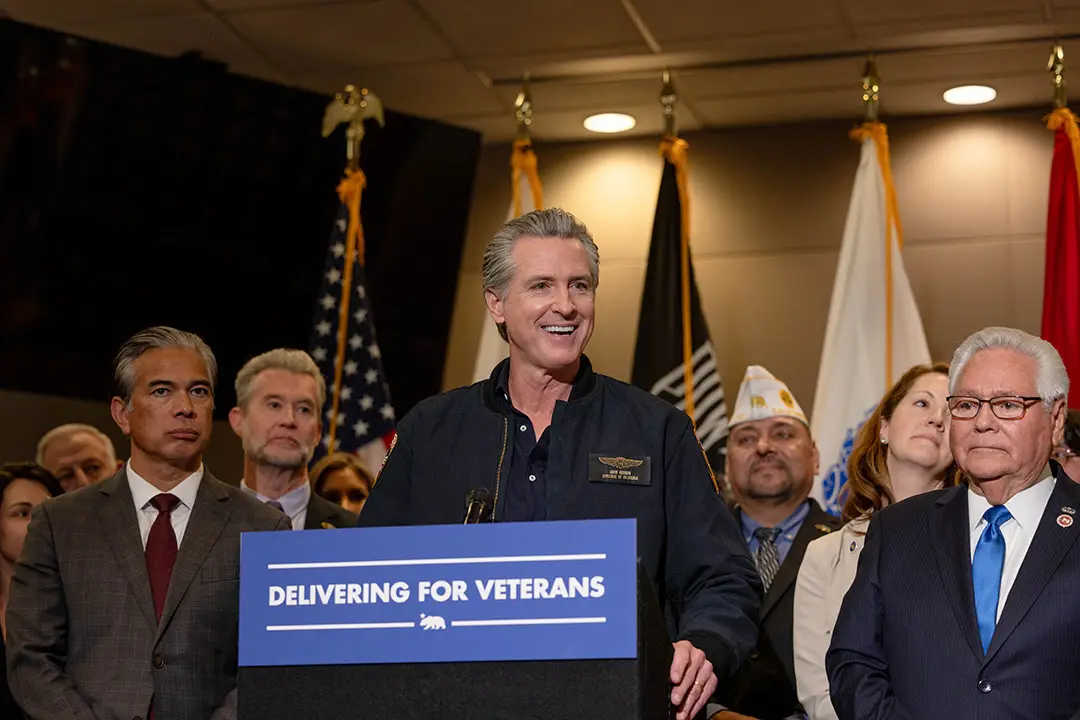The parents of the Nashville Covenant School shooter Audrey Hale, through their legal counsel, told a Nashville judge on Thursday, June 8, they are in the process of assigning all ownership of their daughter’s writings to the children of The Covenant School.
The documents are still in the hands of the Metropolitan Nashville Police Department (MNPD) after they were seized from the home of Ronald and Norma Hale and the vehicle of their daughter at the scene of her assault on the school, which left six dead, including three children, not including Hale who was herself killed by police.





